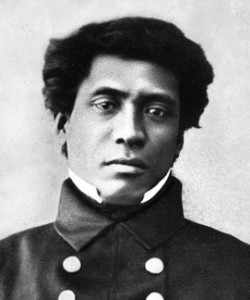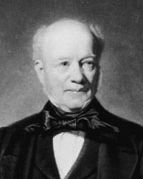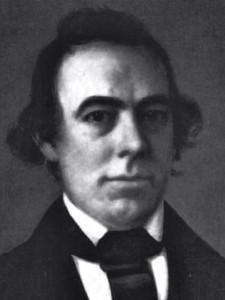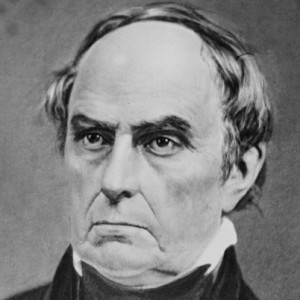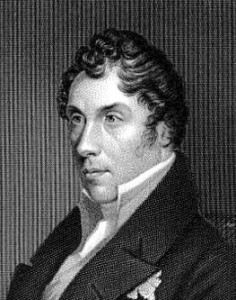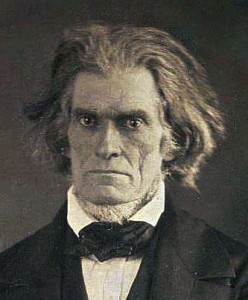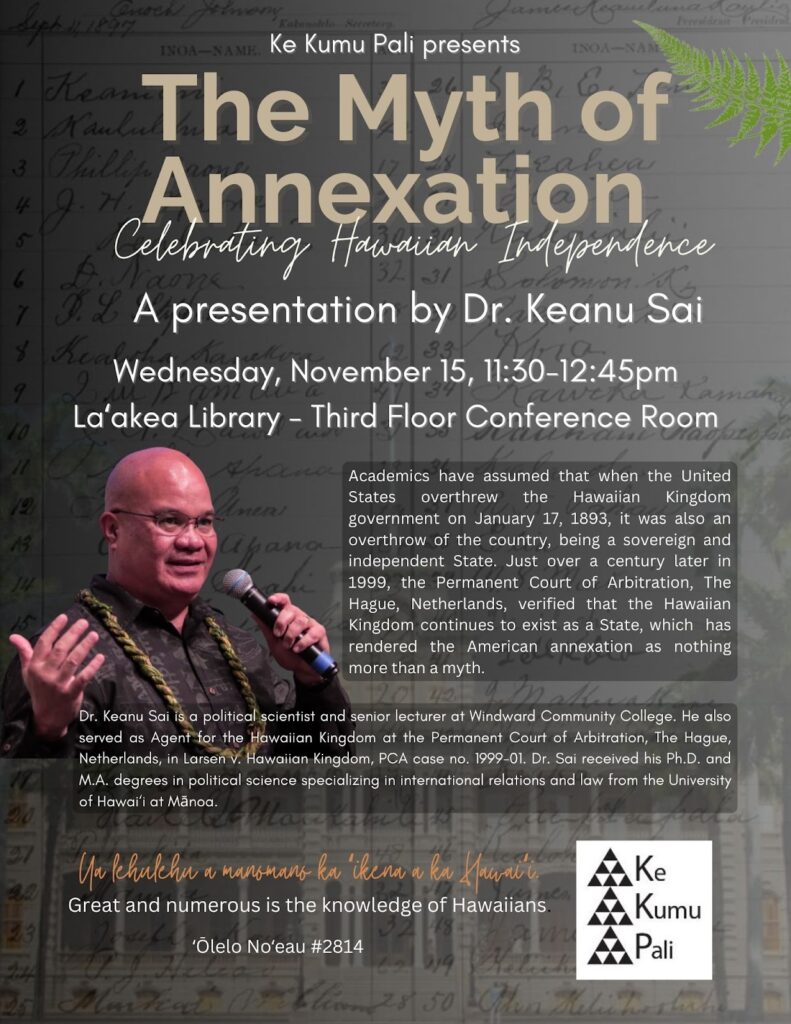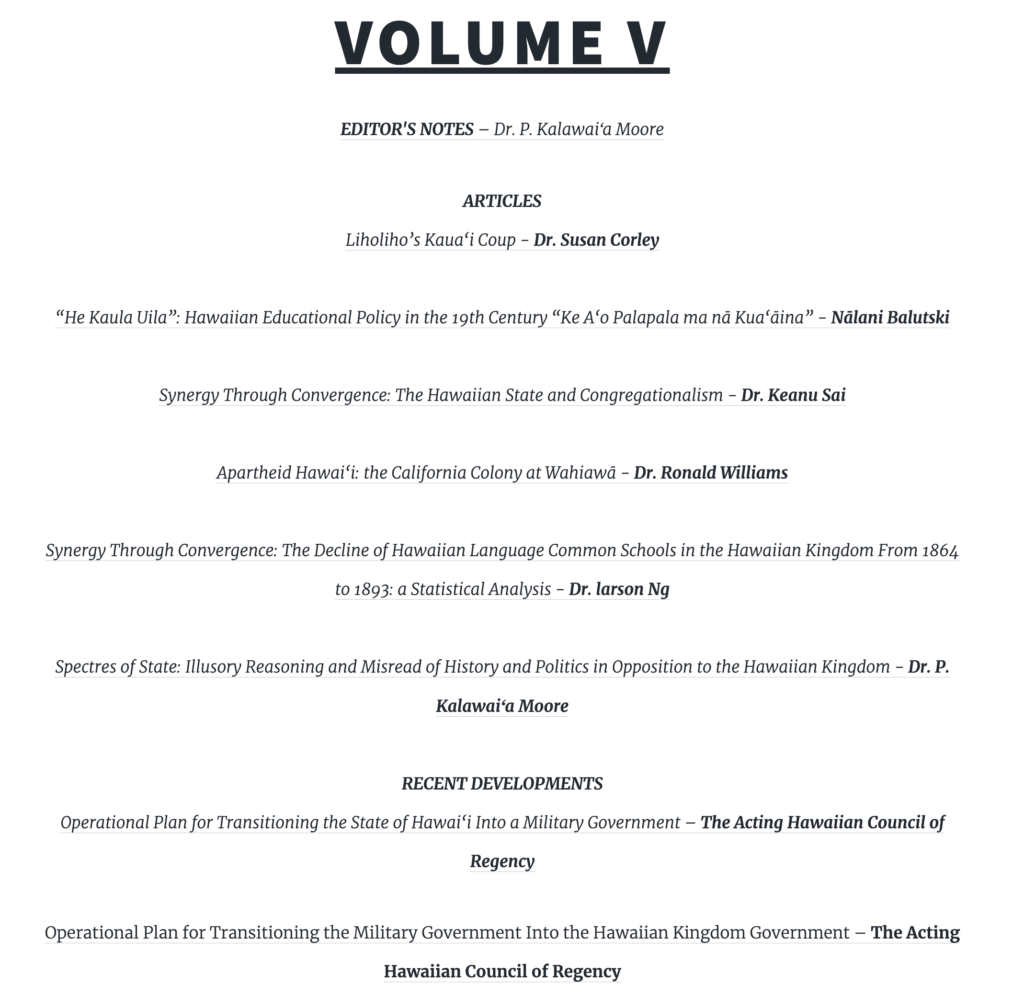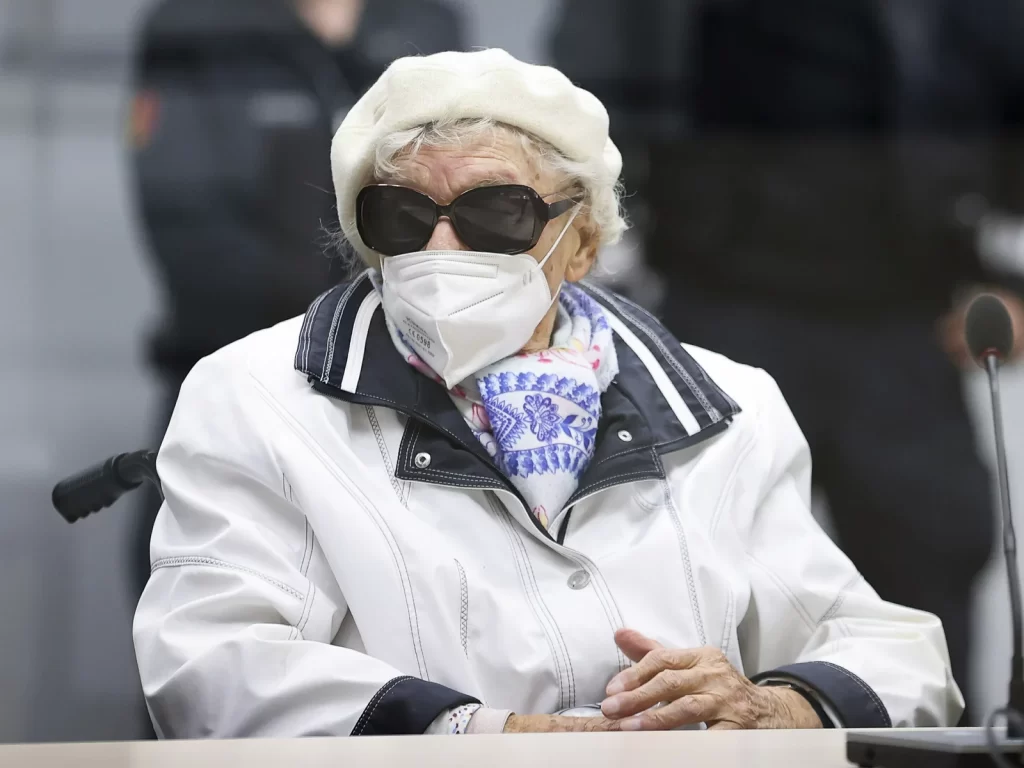The legal basis for the Council of Regency’s establishment under Hawaiian constitutional law and the legal doctrine of necessity was based on the continued existence of the country called the Hawaiian State. What was unlawfully overthrown on January 17, 1893, was the government of the Hawaiian Kingdom and not the Hawaiian Kingdom as a State under international law. In fact, international law protects the State and its continuity from the continuous violations of its sovereignty by another State. What international law cannot protect, however, is the population of the Hawaiian Islands from denationalization through Americanization that began as a formal policy in 1906.
Under international criminal law, denationalization is the process of replacing the national consciousness of the Hawaiian Kingdom, to include its language, in the minds of school children with the national consciousness of the United States and its English language. Within three generations since 1906, the national consciousness of the Hawaiian Kingdom was wiped clean in the minds of the population in the Hawaiian Islands. Denationalization is a policy carried out in the school systems of the occupied States that attempts to change the national consciousness in the minds of school children. The United States and the Allied Powers in the First World War determined denationalization to be a war crime committed by Germany, Austria, and Bulgaria against the population of the Kingdom of Serbia when Serbia was occupied.
From the Allied Powers 1919 Commission on Responsibilities for the First World War, under the heading “attempts to denationalize the inhabitants of occupied territory,” the Commission charged several crimes committed in Serbia by the Bulgarian authorities: “Efforts to impose their national characteristics on the population;” “Serbian language forbidden in private as well as in official relations. People beaten for saying “Good morning” in Serbian;” Inhabitants forced to give their names a Bulgarian form;” “Serbian books banned—were systematically destroyed;” “Archives of churches and law-courts destroyed;” “Schools and churches closed, sometimes destroyed;” “Bulgarian schools and churches substituted—attendance at school compulsory;” “Population forced to be present at Bulgarian national solemnities.” The Commission also stated that in Serbia the Austrian and German authorities “interfered with religious worship, by deportation of priests and requisition of churches for military purposes. Interfered with the Serbian language.” In United States v. Greifelt et al., in 1948, the war crimes tribunal specifically referred to the war crime of denationalization by German authorities in occupied territories during the Second World War. The tribunal observed:
Attempts of this nature were recognized as a war crime in view of the German policy in territories annexed by Germany in 1914, such as in Alsace and Lorraine. At that time, as during the war of 1939-1945, inhabitants of an occupied territory were subjected to measures intended to deprive them of their national characteristics and to make the land and population affected a German province. The methods applied by the Nazis in Poland and other occupied territories, including once more Alsace and Lorraine, were of a similar nature with the sole difference that they were more ruthless and wider in scope than in 1914-1918. In this connection the policy of ‘Germanizing’ the populations concerned, as shown by the evidence in the trial under review, consisted partly in forcibly denationalizing given classes or groups of the local population, such as Poles, Alsace-Lorrainers, Slovenes and others eligible for Germanization under the German People’s List. As a result in these cases the programme of genocide was being achieved through acts which, in themselves, constitute war crimes.
The operative word used when describing the policy and acts of denationalization committed against the population of occupied States in both World Wars was “attempts.” The reason for the choice of this word was because the First World War only lasted for four years, and the Second World War only lasted six years. The American occupation is now at 131 years where the lies to conceal the occupation have become institutionalized and perceived to be the truth. As British novelist Dresden James wrote, “When a well-packaged web of lies has been sold gradually to the masses over generations, the truth will seem utterly preposterous and its speaker a raving lunatic.”
Another war crime committed by German, Austrian and Bulgarian authorities in occupied territories during the First World War was usurpation of sovereignty during military occupation. Usurpation of sovereignty is the imposition of the laws of the occupying State over the territory and its population of the occupied State. During the military occupation of a State, the occupying State is obligated to temporarily administer the laws of the occupied State until there is a treaty of peace. To impose the occupying State’s laws is a crime.
The Commission on Responsibility for the First World War charged that in Poland the German and Austrian forces had “prevented the populations from organising themselves to maintain order and public security” and that they had “[a]ided the Bolshevist hordes that invaded the territories.” It said that in Romania the German authorities had “instituted German civil courts to try disputes between subjects of the Central Powers or between a subject of these powers and a Romanian, a neutral, or subjects of Germany’s enemies.” In Serbia, the Bulgarian authorities had “[p]roclaimed that the Serbian State no longer existed, and that Serbian territory had become Bulgarian.” It listed several other war crimes of Bulgaria committed in occupied Serbia: “Serbian law, courts and administration ousted;” “Taxes collected under Bulgarian fiscal regime;” “Serbian currency suppressed;” “Public property removed or destroyed, including books, archives and MSS (e.g., from the National Library, the University Library, Serbian Legation at Sofia, French Consulate at Uskub);” “Prohibited sending Serbian Red Cross to occupied Serbia.” It also charged that in Serbia the German and Austrian authorities had committed several war crimes: “The Austrians suspended many Serbian laws and substituted their own, especially in penal matters, in procedure, judicial organisation, etc.;” and “Museums belonging to the State (e.g., Belgrade, Detchani) were emptied and the contents taken to Vienna.”
The crime of “usurpation of sovereignty” was referred to by Judge Blair of the American Military Commission in a separate opinion in United States v. Alstötter et al. of 1951, “This rule is incident to military occupation and was clearly intended to protect the inhabitants of any occupied territory against the unnecessary exercise of sovereignty by a military occupant.”
When the Hawaiian government was restored by a Council of Regency in 1997, it also held vicarious liability for its actions. As a constitutional monarchy, the primary duty of the Hawaiian government is to protect the rights of its population. In Larsen v. Hawaiian Kingdom at the Permanent Court of Arbitration, Larsen was alleging that he was not being protected by the Regency because the Regency, he argued, was allowing the unlawful imposition of American laws over him which led to his unfair trial and incarceration. The Regency denied this allegation but used the Permanent Court of Arbitration to recognize the continued existence of the Hawaiian Kingdom as a State and the Regency as its government.
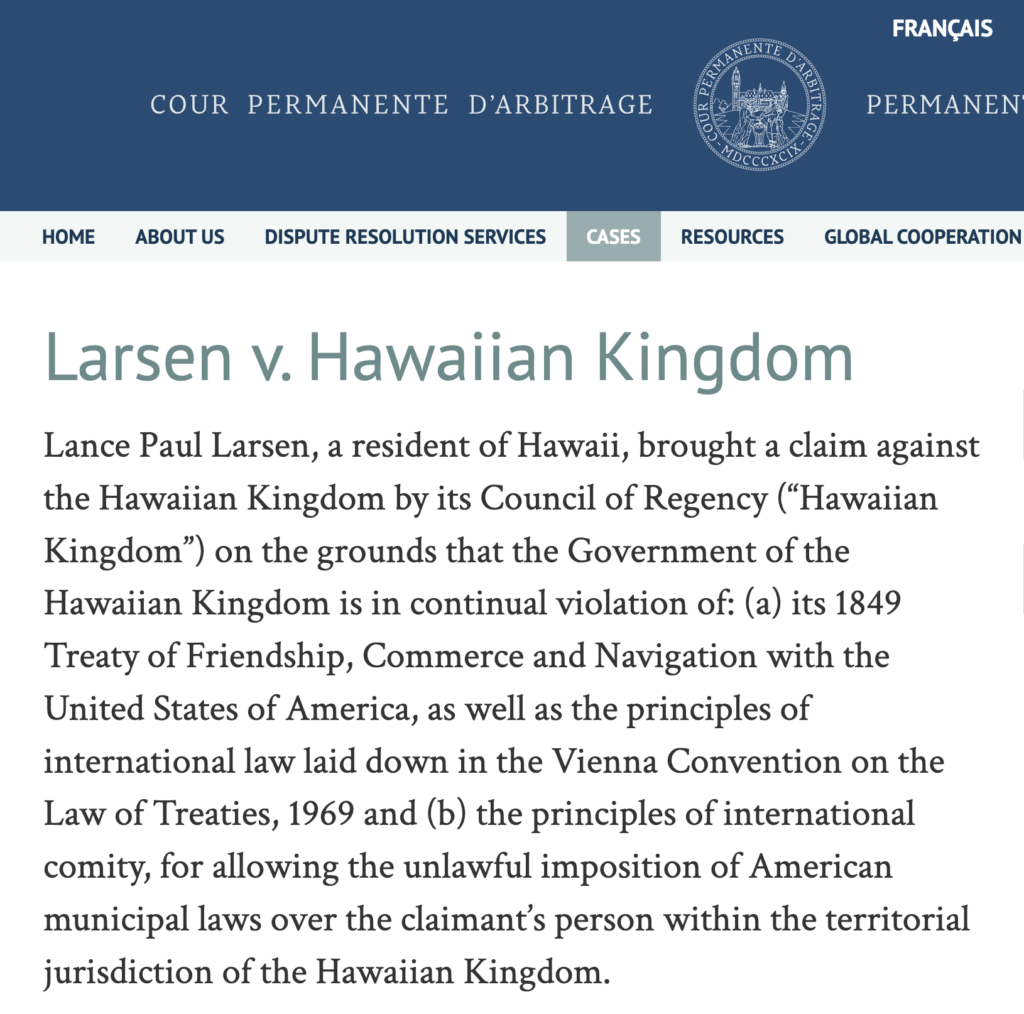
This duty for governments to protect its population from war crimes reached the international level in 2005. At the United Nations World Summit in 2005, the Responsibility to Protect was unanimously adopted. The principle of the Responsibility to Protect has three pillars: (1) every State has the Responsibility to Protect its populations from four mass atrocity crimes—genocide, war crimes, crimes against humanity and ethnic cleansing; (2) the wider international community has the responsibility to encourage and assist individual States in meeting that responsibility; and (3) if a state is manifestly failing to protect its populations, the international community must be prepared to take appropriate collective action, in a timely and decisive manner and in accordance with the UN Charter. In 2009, the General Assembly reaffirmed the three pillars of a State’s responsibility to protect their populations from war crimes and crimes against humanity. And in 2021, the General Assembly passed a resolution on “[t]he responsibility to protect and the prevention of genocide, war crimes, ethnic cleansing and crimes against humanity.” The third pillar, which may call into action State intervention, can become controversial.
Rule 158 of the International Committee of the Red Cross Study on Customary International Humanitarian Law specifies that “States must investigate war crimes allegedly committed by their nationals or armed forces, or on their territory, and, if appropriate, prosecute the suspects. They must also investigate other war crimes over which they have jurisdiction and, if appropriate, prosecute the suspects.” This “rule that States must investigate war crimes and prosecute the suspects is set forth in numerous military manuals, with respect to grave breaches, but also more broadly with respect to war crimes in general.”
What faced the Regency was how to protect a population from the commission of war crimes when that population itself had been completely denationalized into believing that the State of Hawai‘i exists as a lawful government under United States laws. The Regency’s strategy after returning from the PCA in the Netherlands was to effectively engage the devastating effects of denationalization through academic research at the university level. Since 2000, this research made public through published peer review articles, master’s theses, doctoral dissertations, books, and classroom instruction have managed to tear down the facade that the State of Hawai‘i is lawful and that the United States is an occupying Power.
During the occupation of the territory by an occupying State, there are two legal systems that exist at the same time, that of the occupied State and that of the occupying State. As Professor Krystina Marek explains, in “the first place: of these two legal orders, that of the occupied State is regular and ‘normal,’ while that of the occupying power is exceptional and limited. At the same time, the legal order of the occupant is…strictly subject to the principle of effectiveness, while the legal order of the occupied State continues to exist notwithstanding the absence of effectiveness.” The Regency knew that while the State of Hawai‘i exercised effective, but unlawful, control of Hawaiian territory there are rules that apply called international humanitarian law and the law of occupation. To knowingly violate these international laws created criminal culpability. While the Regency has no effective control as a result of the American occupation, it does have effective control of factual and legal information that it will use to compel compliance where the prolonged occupation will eventually come to an end by a treaty of peace.
Determined to hold to account individuals who have committed war crimes and human rights violations throughout the Hawaiian Islands, being the territory of the Hawaiian Kingdom, the Council of Regency, by proclamation on April 17, 2019, established a Royal Commission of Inquiry (“RCI”) in similar fashion to the United States proposal of establishing a Commission of Inquiry after the First World War “to consider generally the relative culpability of the authors of the war and also the question of their culpability as to the violations of the laws and customs of war committed during its course.” Dr. David Keanu Sai serves as Head of the RCI and Professor Federico Lenzerini from the University of Siena, Italy, as its Deputy Head.
On February 7, 2024, the RCI sent a letter of communication to all members of the State of Hawai‘i legislature and the County Councils regarding the war crime of usurpation of sovereignty during military occupation. In the letter, Dr. Sai apprised them of his communication he’s had since April 17, 2023, with Major General Kenneth Hara, State of Hawai‘i Adjutant General, regarding his duty to transform the State of Hawai‘i into a Military Government and to begin to administer the laws of the Hawaiian Kingdom as the occupied State. Dr. Sai directed Major General Hara that, in accordance with international laws and Army regulations, he will issue a proclamation transforming the State of Hawai‘i into a Military Government. Should he fail to do so would be a dereliction in the performance of his duty and the war crime of omission.
Major General Hara would also be made the subject of an RCI war criminal report for the purpose of prosecution. There are no statutes of limitation for war crimes, which means a person can be prosecuted regardless of his age. In 2022, a German court convicted a 97-year-old women for war crimes she committed during the Second World War.

Major General Hara also has the duty to protect officials and employees of the State of Hawai‘i and the Counties who, like the Legislature and County Councils, are committing the war crime of usurpation of sovereignty during military occupation. The RCI has given more than enough time for Major General Hara to have completed his due diligence done by his Staff Judge Advocate Lieutenant Colonel Lloyd Phelps as to the continued existence of the Hawaiian Kingdom as an occupied State. On July 27, 2023, he acknowledged that the Hawaiian Kingdom continues to exist, which consequently triggered his duty.

